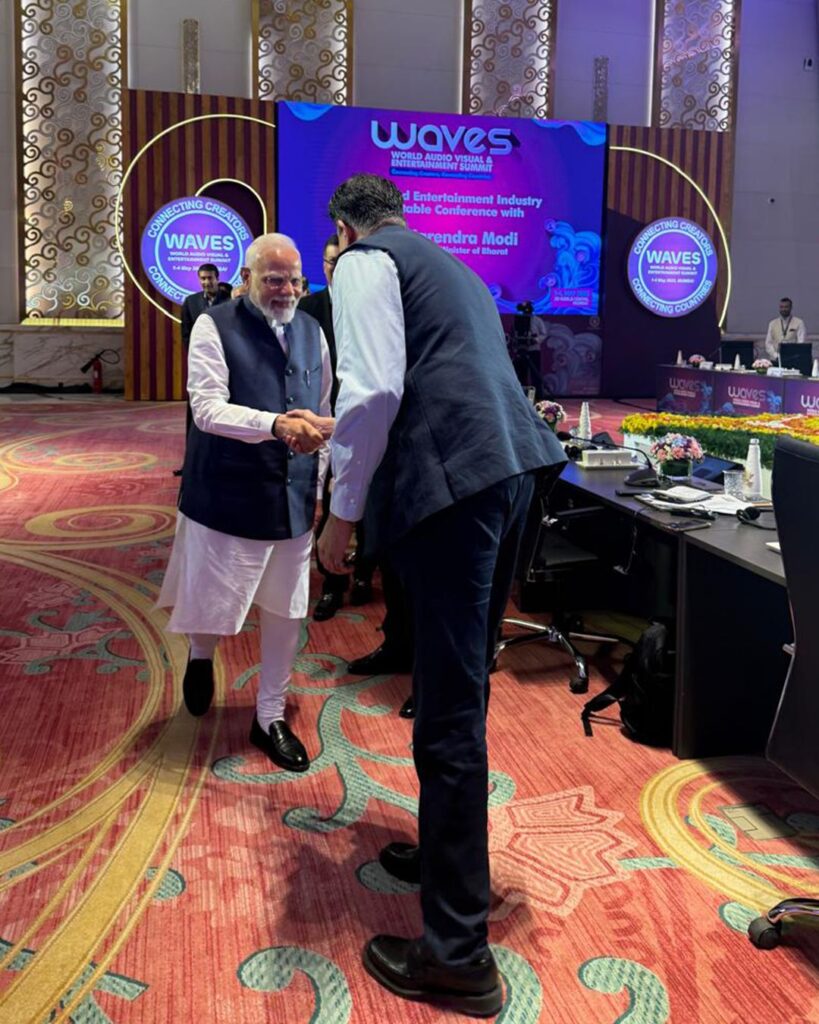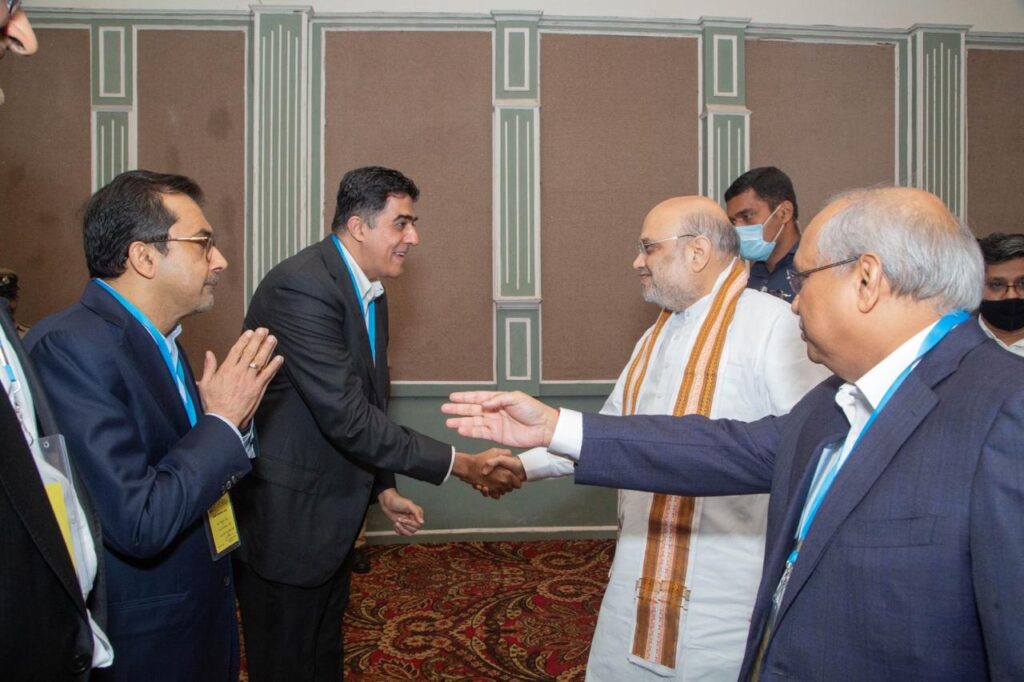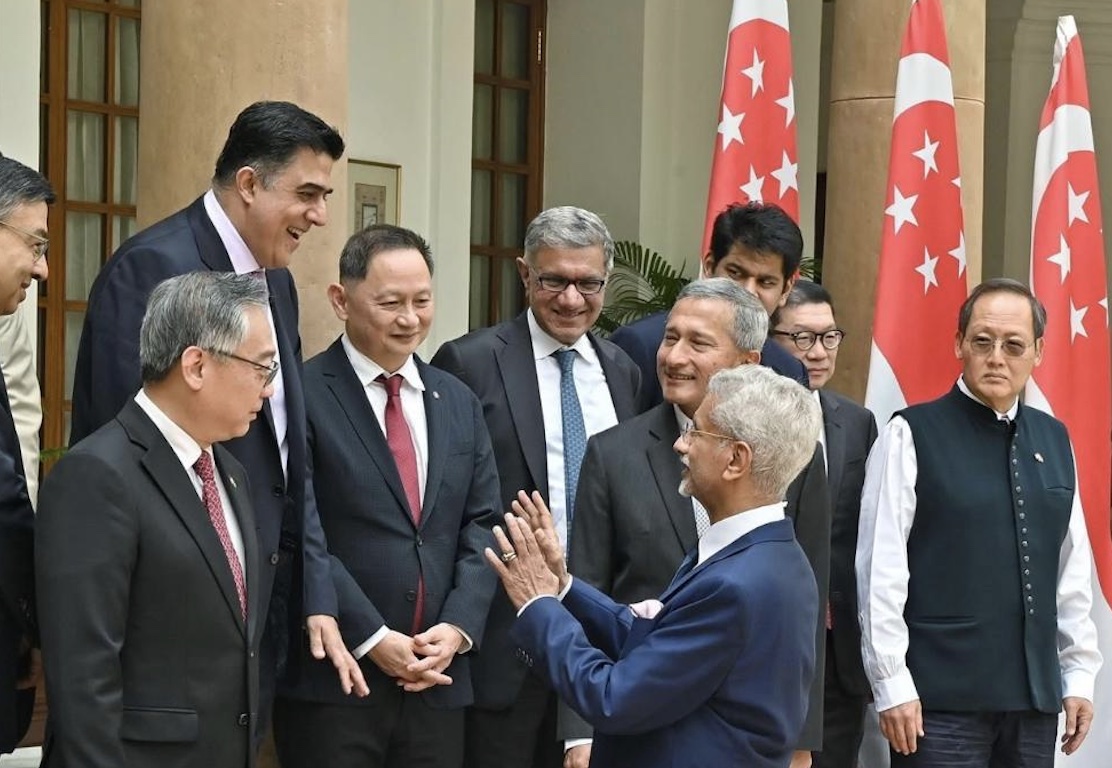Rajan Navani is the CEO and Founder of JetSynthesys, a leading digital entertainment and technology company that operates across gaming, esports, music, and social impact platforms. He is also on the founding boards of Indiaspora and the Indian Institute of Creative Technologies and serves in leadership roles across several industry and philanthropic organizations. Through JetSynthesys and its social initiatives, Navani continues to champion the idea of building a digitally empowered and compassionate India one where innovation and empathy grow hand in hand.
As India’s digital and entrepreneurial ecosystem continues to evolve, few voices embody the intersection of innovation, purpose, and social good as effectively as Navani. A pioneer in the country’s digital entertainment and technology space, Navani has built his company around the idea that technology and compassion can coexist and that digital tools can drive social change as much as economic growth.
In an exclusive interview with South Asian Herald, Navani shares his insights on the evolving role of philanthropy, the importance of homegrown innovation and intellectual property, India’s readiness for the AI revolution, and the opportunities that lie in the convergence of gaming, creativity, and policy reform.
Philanthropy as a Bridge Between Sectors
Speaking about the distinct value of philanthropy in addressing societal challenges, Navani notes that it “plays a unique and vital role in addressing areas that often fall between the priorities of government and business.”

He explains that while the public sector focuses on scale and the private sector on sustainability, philanthropy’s freedom to experiment allows it to “seed innovation where conventional systems hesitate.”
“In India and across much of the developing world critical needs in education, skilling, healthcare, and sustainability require not just funding but empathy, agility, and long-term commitment,” he says. “Philanthropy can bridge these gaps by nurturing new models from digital learning for underserved communities and skill development for youth, to mental health awareness and climate-resilient rural development.”
At JetSynthesys, Navani and his team have integrated this ethos into their business DNA. “We’ve always believed that technology and compassion can coexist,” he emphasizes. “Through our social impact initiatives, we focus on using digital platforms to amplify learning, inclusion, and wellbeing at scale. The goal is not merely to fill gaps but to inspire collaborative ecosystems where government, industry, and civil society work together for meaningful change.”
Fueling India’s R&D and Innovation Drive
On India’s lagging R&D investment just 0.6 per cent of GDP annually Navani is unequivocal: “India needs both public and private investment.”
He believes that while government funding should continue to support research infrastructure and labs, the private sector must step up to commercialize innovation. “We need a massive acceleration in R&D today around applied AI that can solve problems specific to India,” he asserts. “It’s time we innovate for our own needs and simultaneously create globally competitive products.”
Diaspora Engagement and Advocacy
Addressing the role of the Indian diaspora in international advocacy, Navani refers to the diverse voices within the global Indian community. “Advocacy, when done constructively, can help bridge understanding and align mutual interests,” he says.
He advocates for long-term channels of dialogue instead of reactive responses to political developments. “Diaspora groups must move beyond episodic engagement and instead build sustained partnerships that highlight shared values, innovation, and economic collaboration,” he suggests.
As a founding board member of Indiaspora, Navani underscores the organization’s role in shaping a stronger U.S.–India relationship. “Indiaspora will play a key role in strengthening aligned mutual interests between the U.S. and India by connecting people, businesses, and ideas.”
Trade, Tariffs, and the Promise of Partnership
On the question of an India–U.S. trade deal, Navani remains optimistic. “Both countries have too much to gain from each other to let trade barriers get in the way,” he remarks. “A trade deal is guided by timing, priorities, and mutual benefit. With a focus on a long-term partnership, I am hopeful both countries will strike a deal soon.”
Building a Strong IP Ecosystem
For Navani, innovation and intellectual property are the twin engines of India’s economic transformation. “India has the talent, intelligence, and creative depth to build ideas that can stand shoulder-to-shoulder with global brands,” he says. “What’s needed is continued encouragement for homegrown IPs across all fields.”
Through JetSynthesys, Navani is already leading this charge creating Made-in-India gaming and entertainment IPs that resonate globally. “We’re proving that Indian stories, technology, and talent can scale worldwide,” he asserts.

He also highlights initiatives like the Indian Institute of Creative Technologies, where he serves on the founding board. “It’s a wonderful example of a public–private partnership focused on IP creation, protection, and nurturing talent for the future,” he notes. “Every successful Indian IP adds to our soft power and shapes how the world experiences modern India.”
Reimagining Gaming and Digital Entertainment
Discussing the recent regulations on online gaming, Navani sees opportunity rather than restriction. “The law brings much-needed clarity to promote esports and social video gaming,” he explains. “This gives studios, players, and investors the confidence to plan long-term and build world-class infrastructure.”
The global video gaming and esports industry, he points out, is already a $200 billion sector, larger than music, Hollywood, and Bollywood combined. With the right regulatory framework, India can claim a share of this booming market.
“The focus will now shift to building Made-in-India games rooted in our culture, music, and sports,” he says. “At JetSynthesys, we’re working toward this vision by collaborating with policymakers, publishers, and developers to make India a global hub for safe, competitive, and culturally rich gaming.”
Education, Talent, and the Changing Global Landscape
On the recent U.S. cap on foreign student admissions, Navani believes it may, in fact, benefit India in the long run. “While the move may reduce the outflow of Indian talent, it’s not necessarily a bad thing,” he argues. “With India’s growing digital economy and strengthened higher education ecosystem, more talent can stay and build here.”
He sees this as an inflection point. “Retaining talent means retaining ideas, creativity, and capability the very things that will power India’s rise as a global hub for knowledge, culture, and technology.”
Conclusion: A Digital India with a Human Core
In an era where technology increasingly drives economies, Navani’s message is refreshingly human-centered. For him, progress is not about replacing empathy with efficiency but about blending both.
“Ultimately, our goal should be to ensure that innovation serves people not the other way around” he says adding “When we align technology with compassion, India will not just be a digital powerhouse, but a force for inclusive and sustainable growth globally.”






